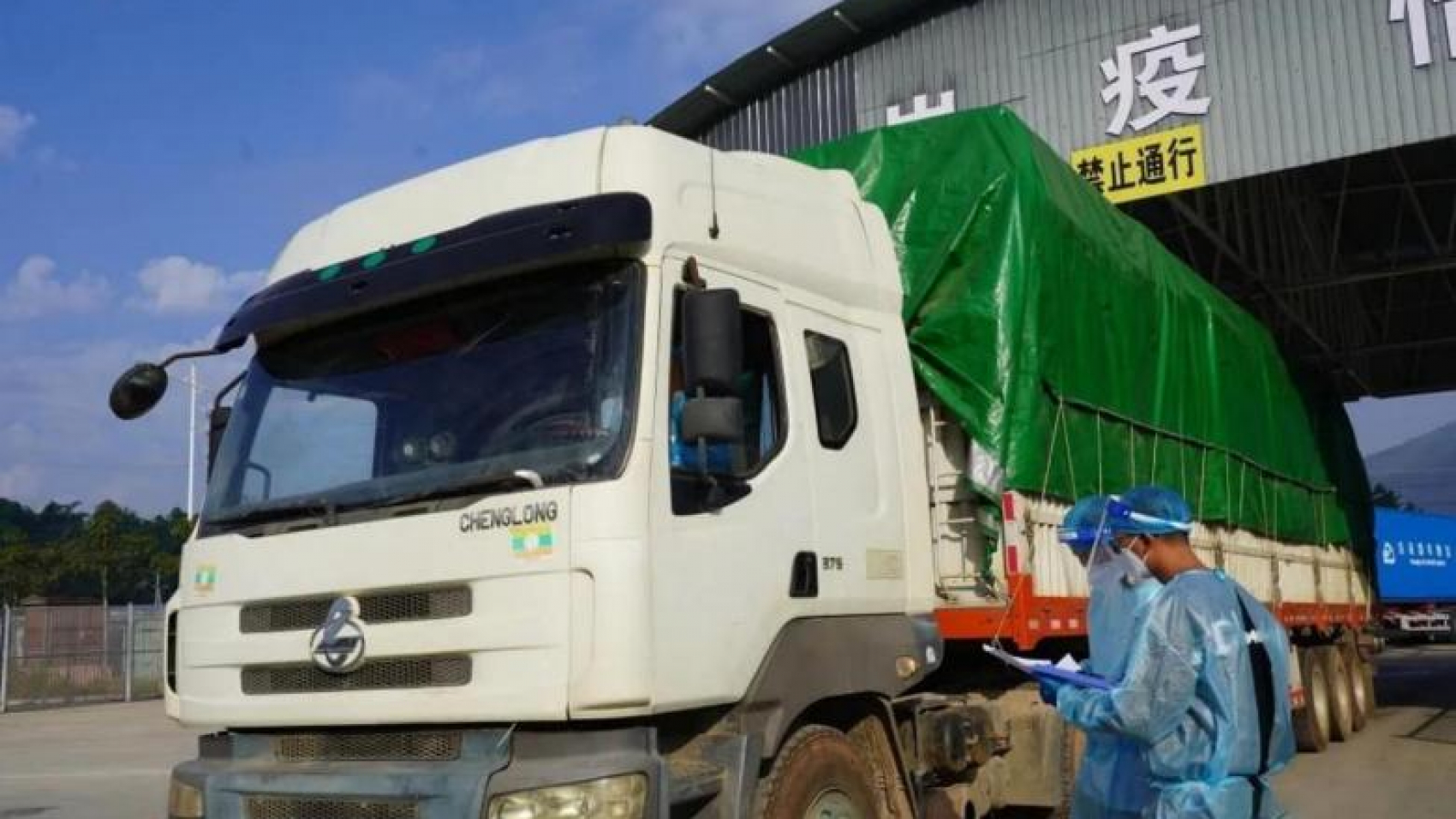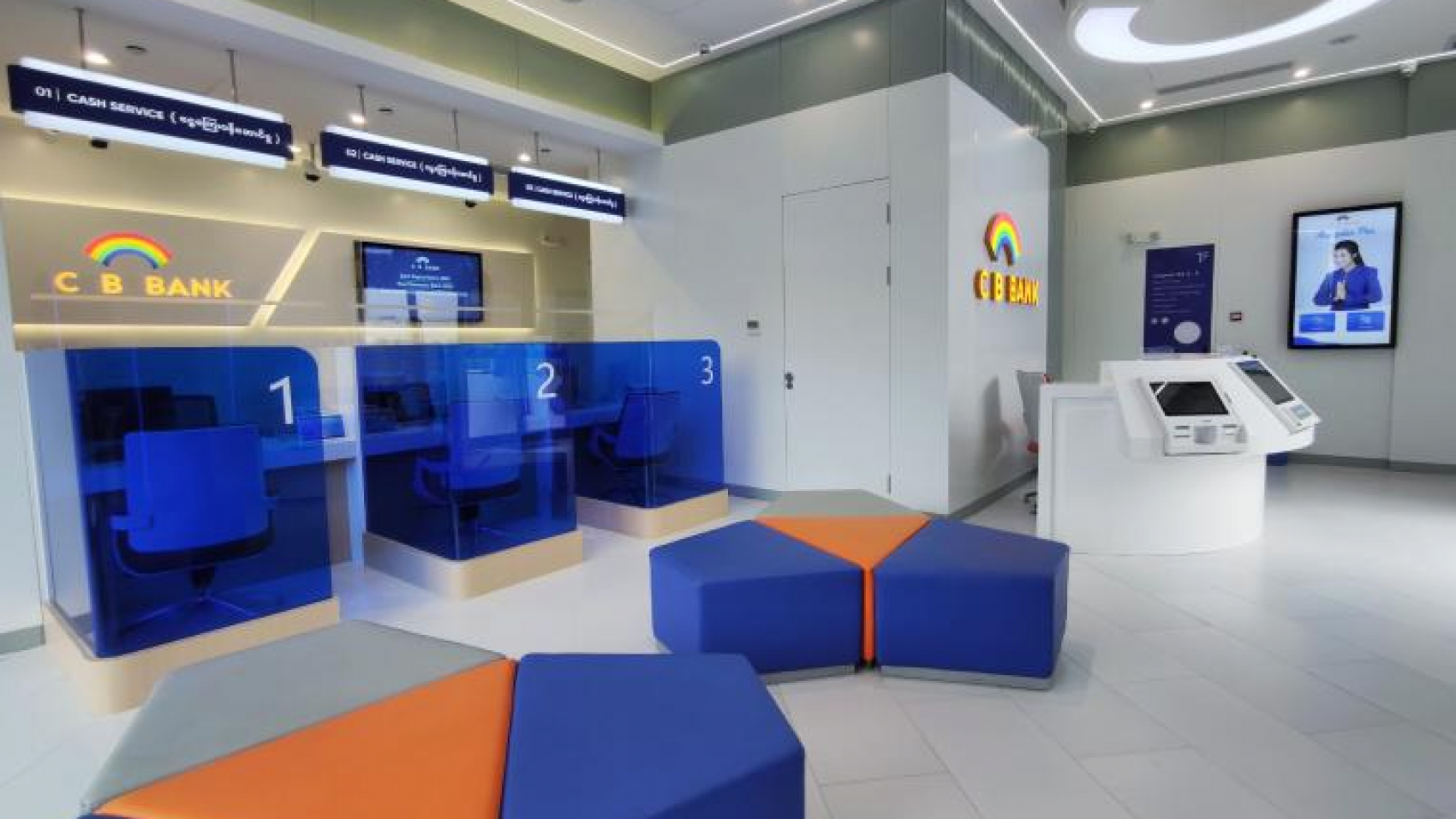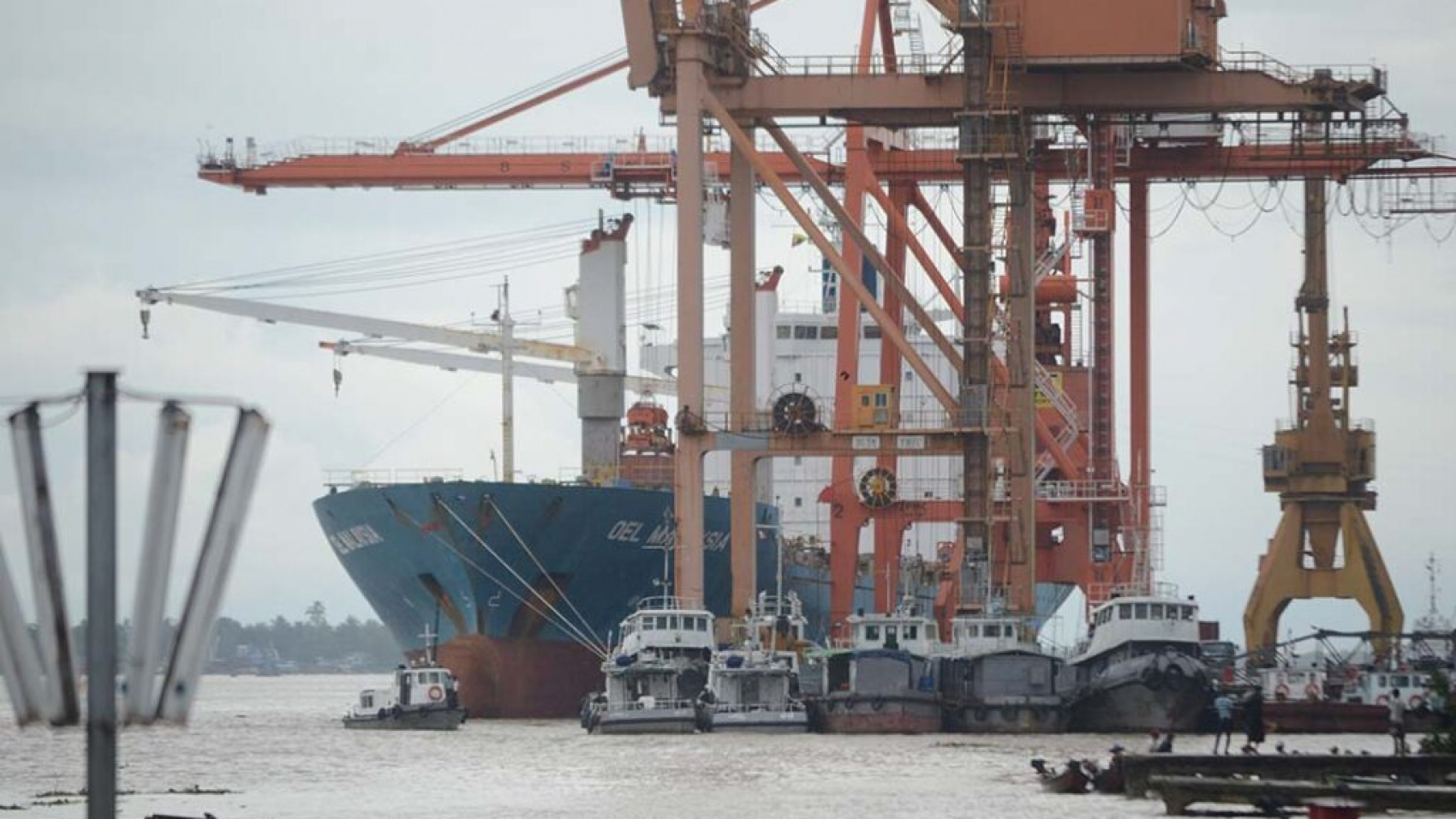The price of Octane 92 has gone up to K2,000 per litre again, according to the fuel oil market. The fuel prices fluctuated starting from the last week of September. On 5 October, oil prices fell to K1,880 per litre for Octane 92, K1,950 for Octane 95, K2,565 for premium diesel and K2,480 for diesel. The prices rebounded to K2,000 for Octane 92, K2,045 for Octane 95, K2,790 for premium diesel and K2,705 for diesel on 7 October, showing an increase of K100-200 per litre within two days. The domestic fuel prices are tracking the rise in price index set by Mean of Platts Singapore (MOPS), the pricing basis for many refined products in southeast Asia, according to the Supervisory Committee on Oil Import, Storage and Distribution of Fuel Oil.
The committee is governing the fuel oil storage and distribution sector effectively not to have a shortage of oil in the domestic market and ensuring price stability for energy consumers. The committee draws up Standard Operating Procedures (SOPs) on fuel import, storage and distribution and sends reports of fuel import matters to the Foreign Exchange Supervisory Committee. Last September, fuel importers had an import quota of 233,594.60 tonnes of fuel oil, with 80,499 tonnes of gasoline and 153,095.60 tonnes of diesel. The Petroleum Products Inspection and Supervision Department, under the guidance of the committee, is issuing the daily reference rate for oil to offer a reasonable price to energy consumers.
The reference rate is set on the MOPS’ price assessment, shipping cost, profit margin, premium insurance and other general costs. The rates for regions and states other than Yangon are evaluated after adding the transportation cost and the retail reference rates daily cover on the state-run newspapers and are posted on the media and official website and Facebook page of the department on a daily basis starting from 4 May. As per the statement, 90 per cent of fuel oil in Myanmar is imported, while the remaining 10 per cent is produced locally.
The domestic fuel price is highly correlated with international prices. The State is steering the market to mitigate the loss between the importers, sellers and energy consumers. Consequently, the government is trying to distribute the oil at a reasonable price compared to those of regional countries. Some countries levied higher tax rates and hiked oil prices than Myanmar. However, Malaysia’s oil sector receives government subsidies and the prices are about 60 per cent cheaper than Myanmar. Every country lays down different patterns of policy to fix the oil prices. Myanmar also poses only a lower tax rate on fuel oil and strives for energy consumers to buy the oil at a cheaper rate.
Source: The Global New Light of Myanmar



